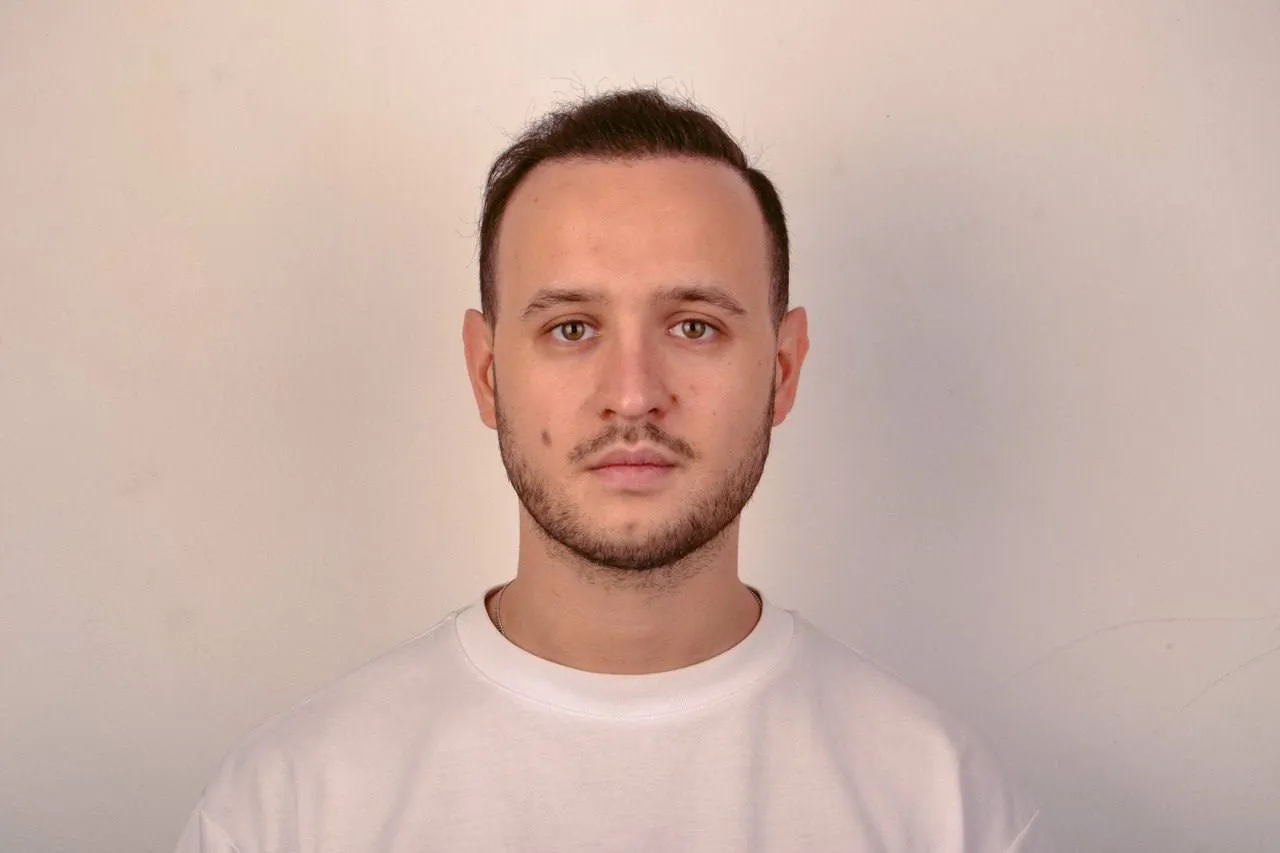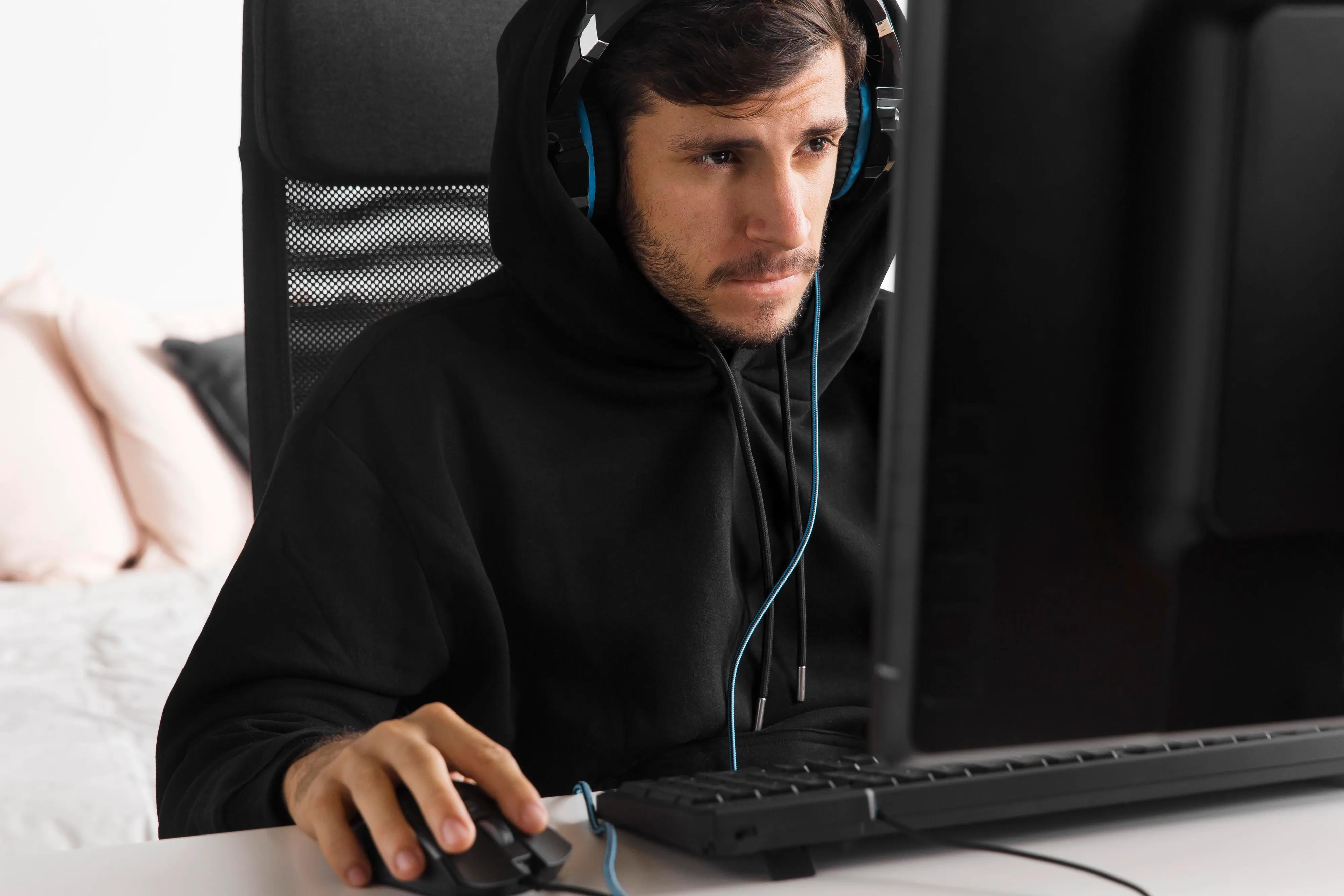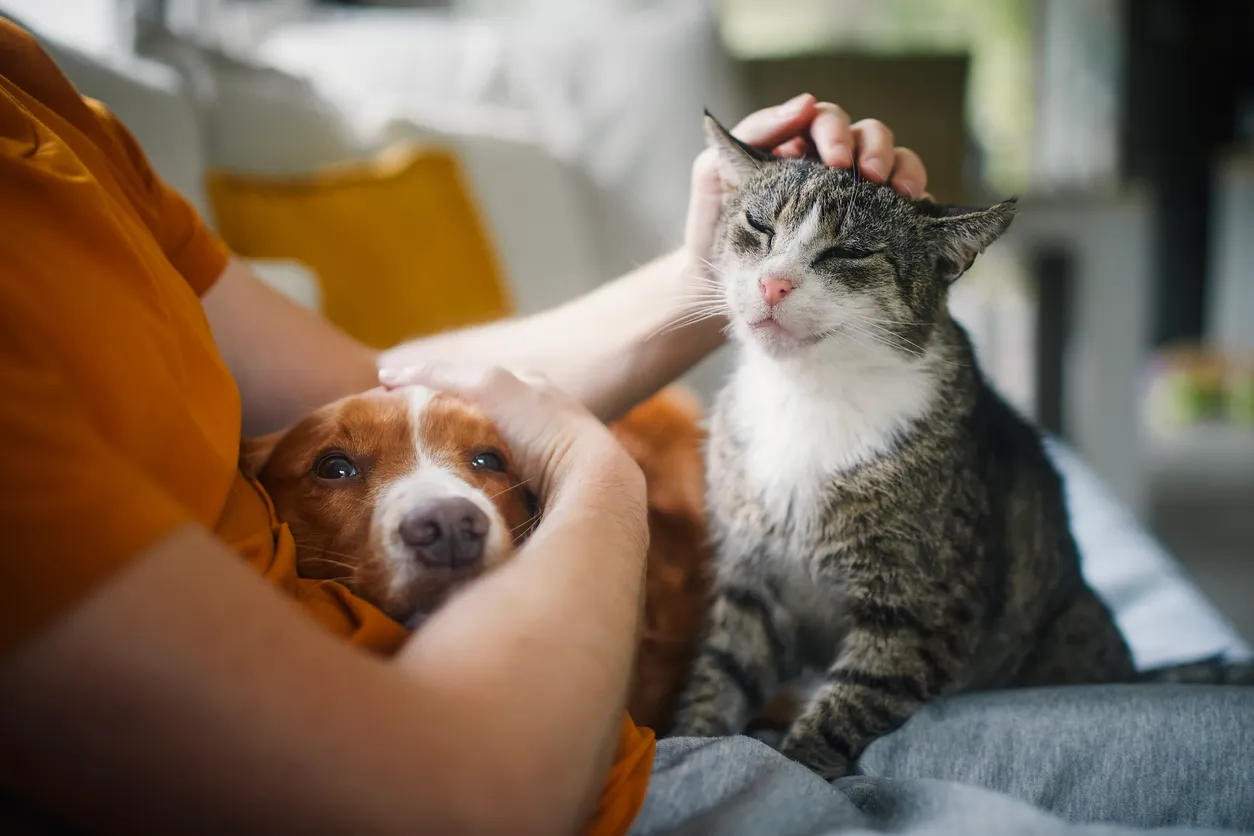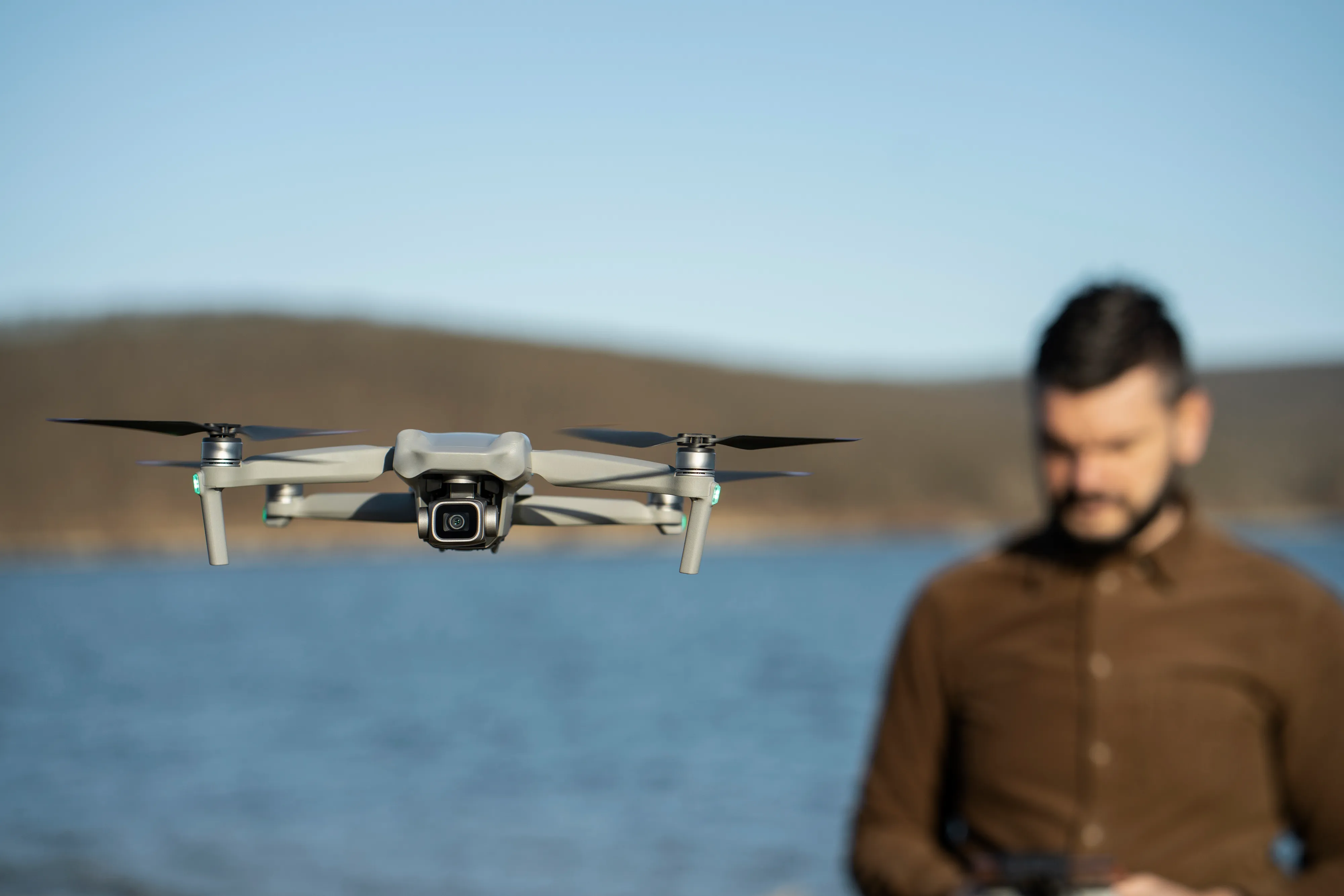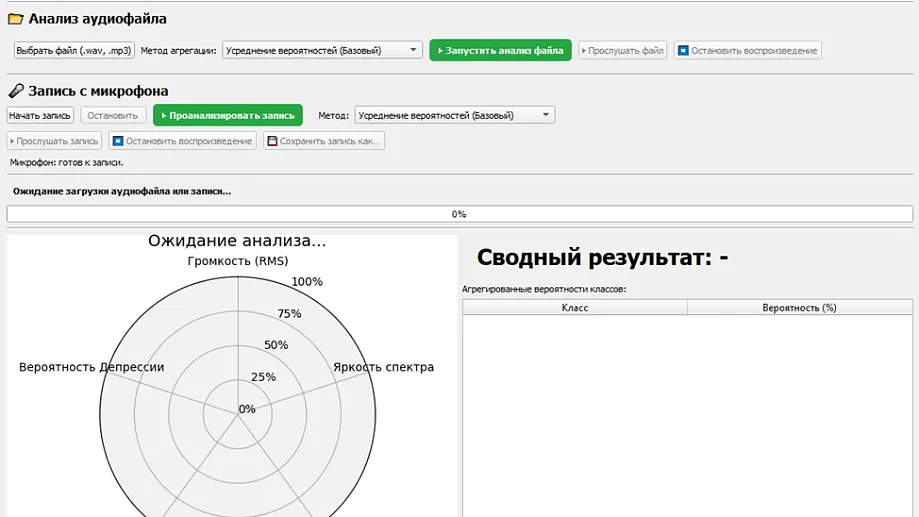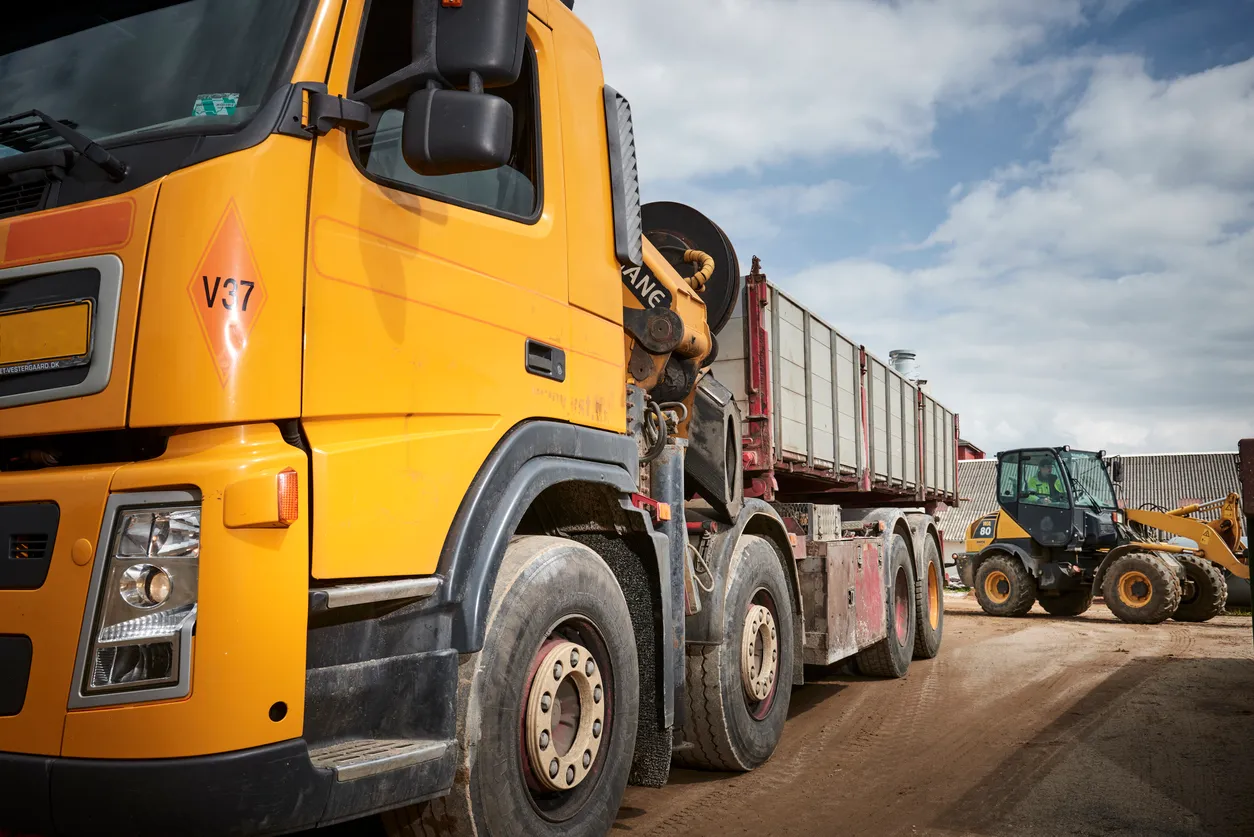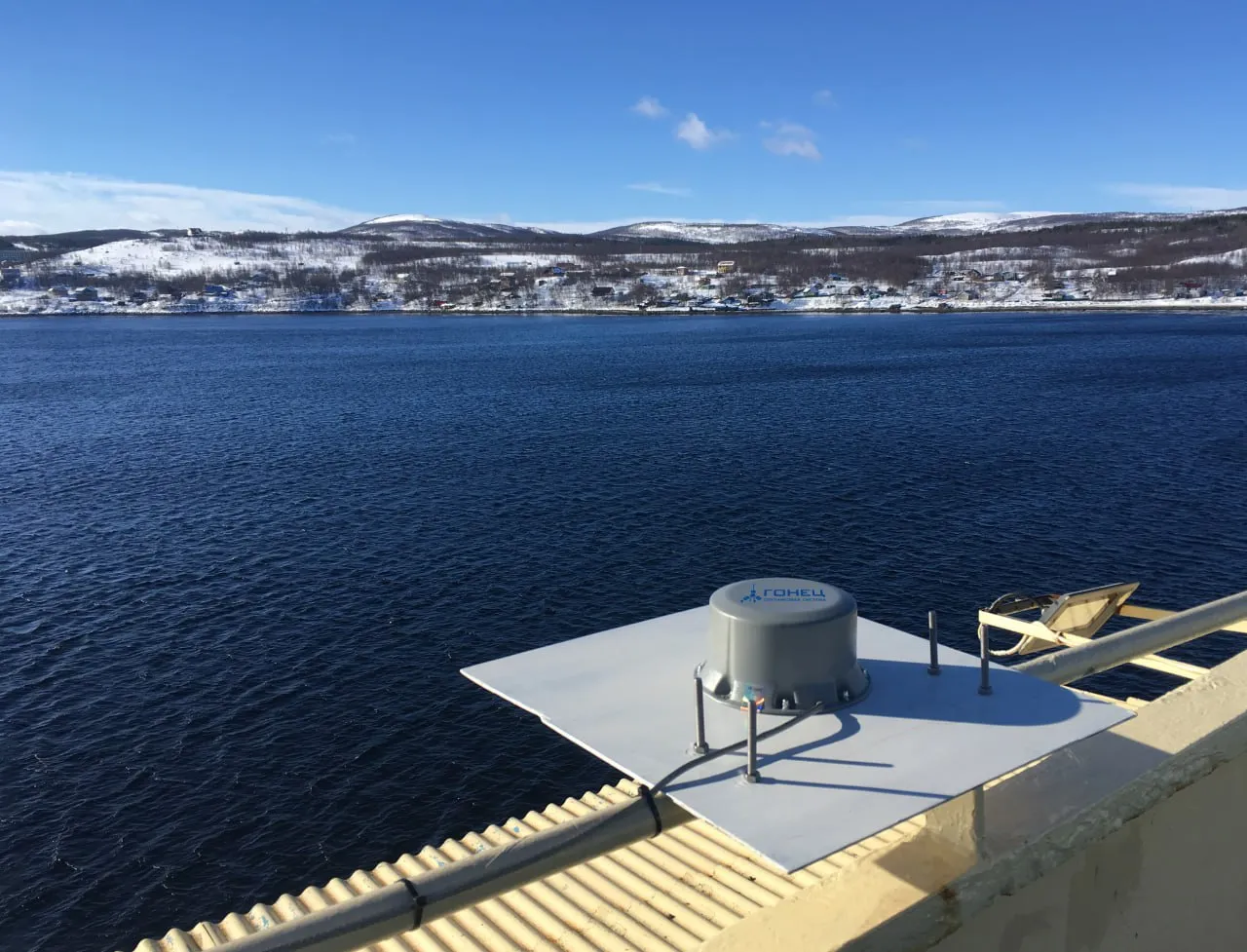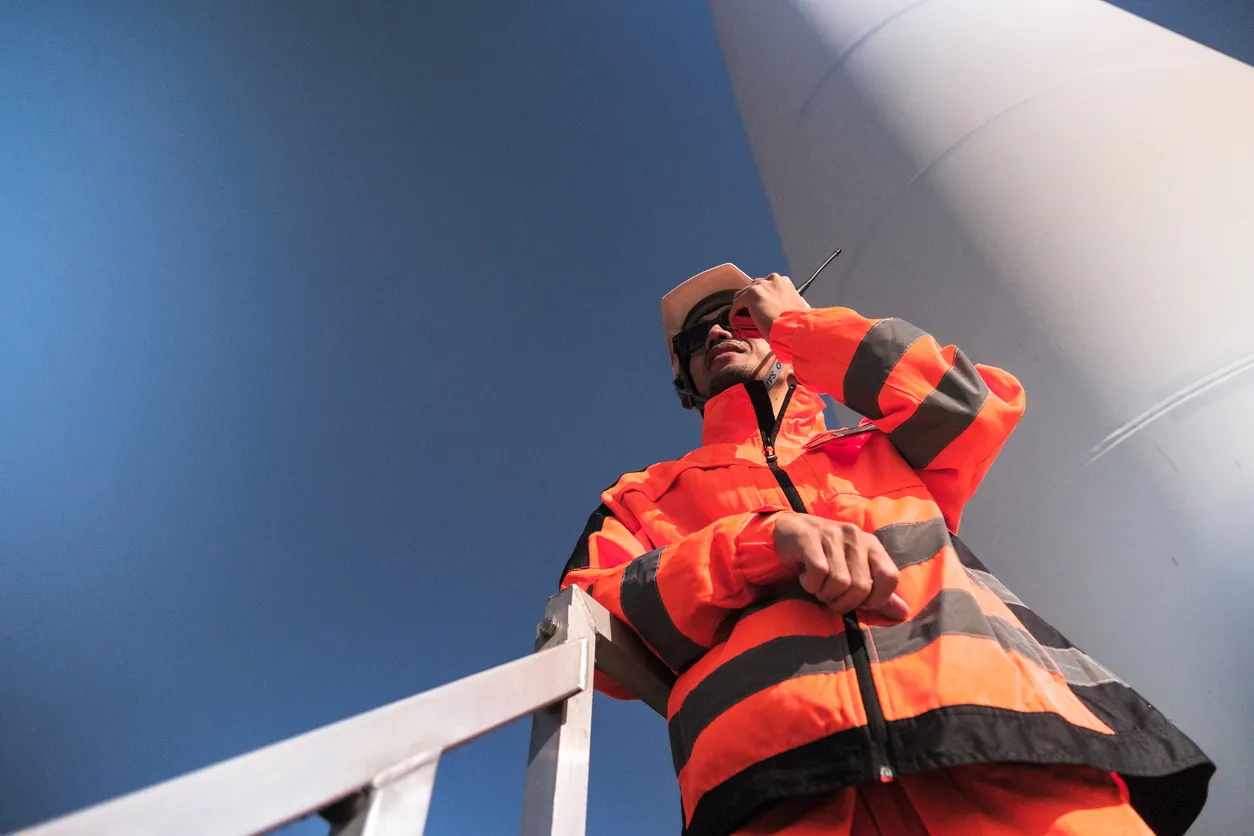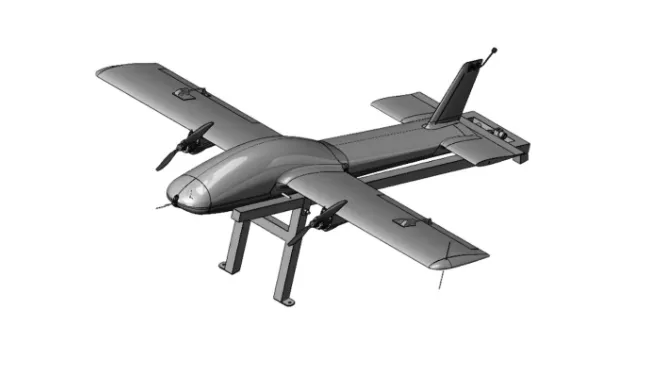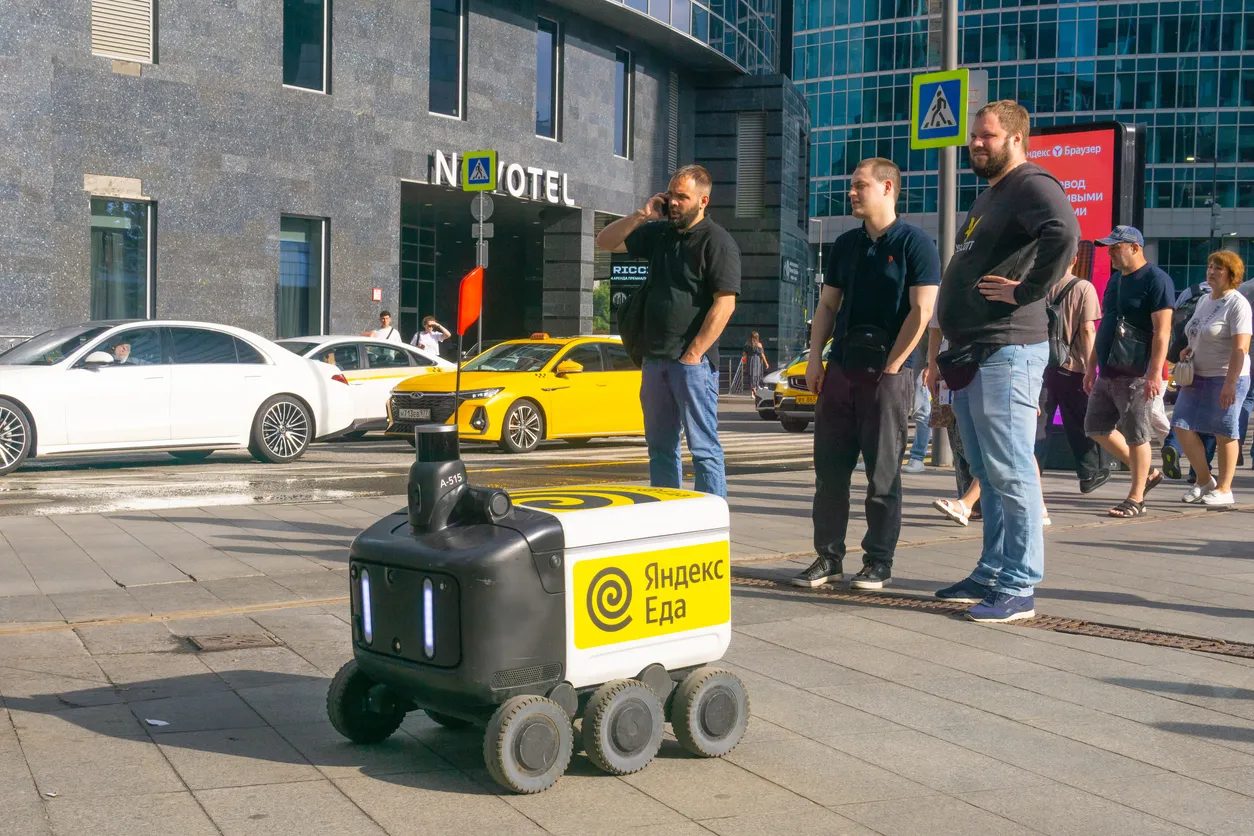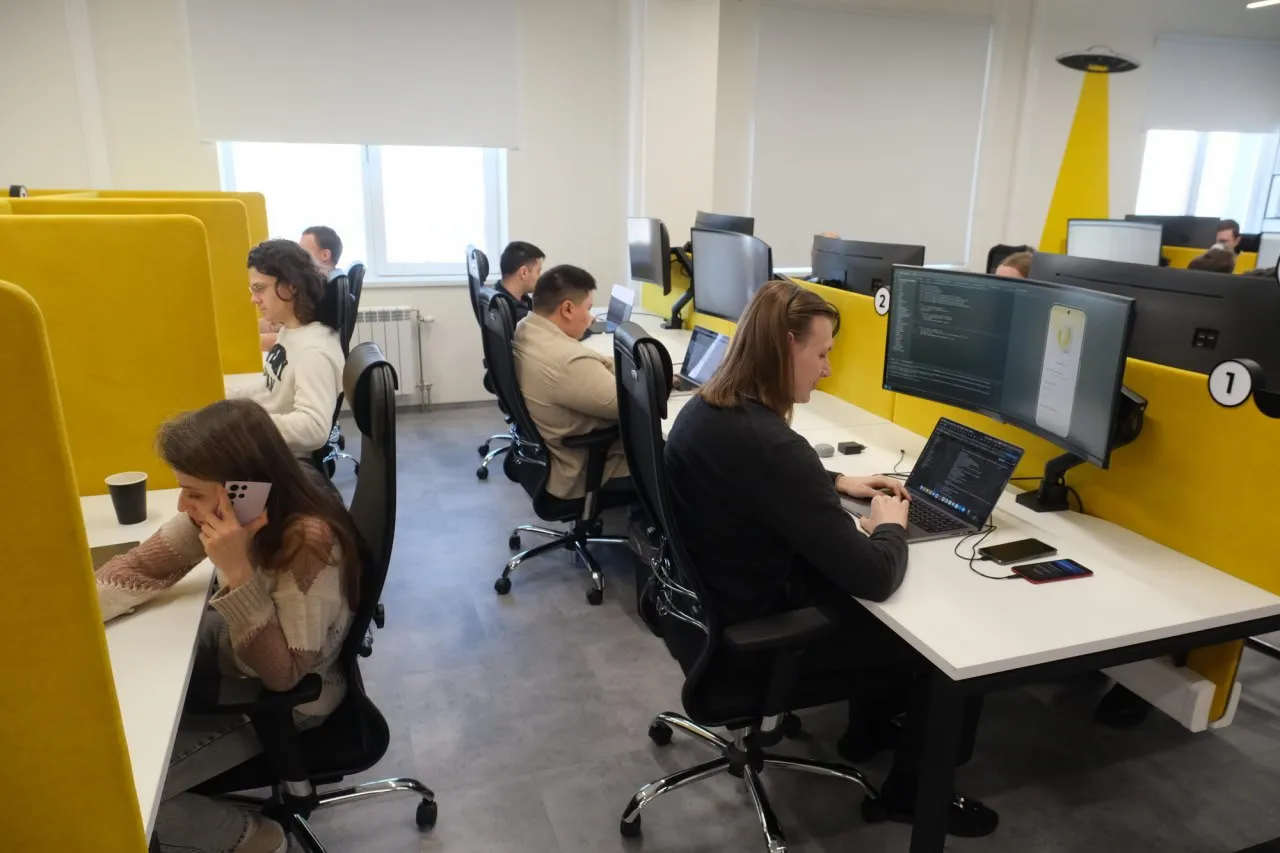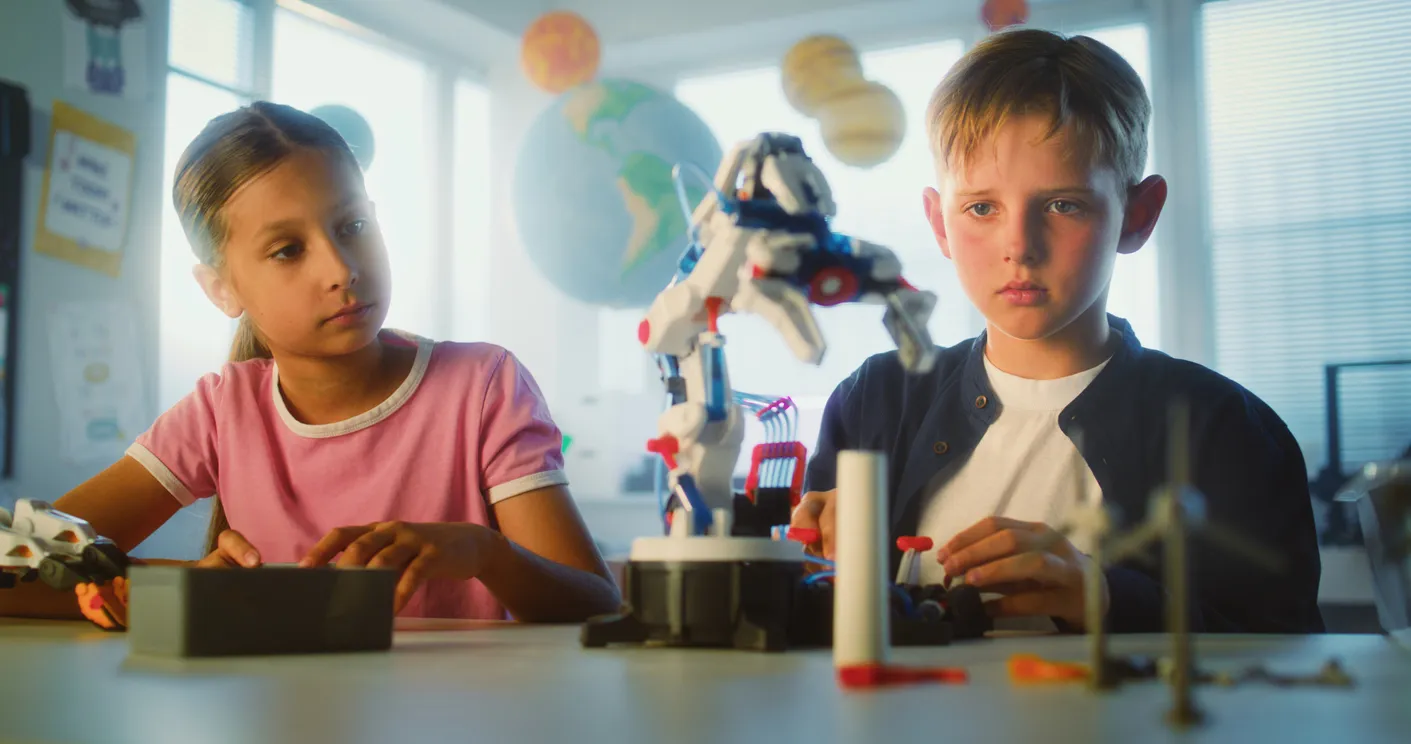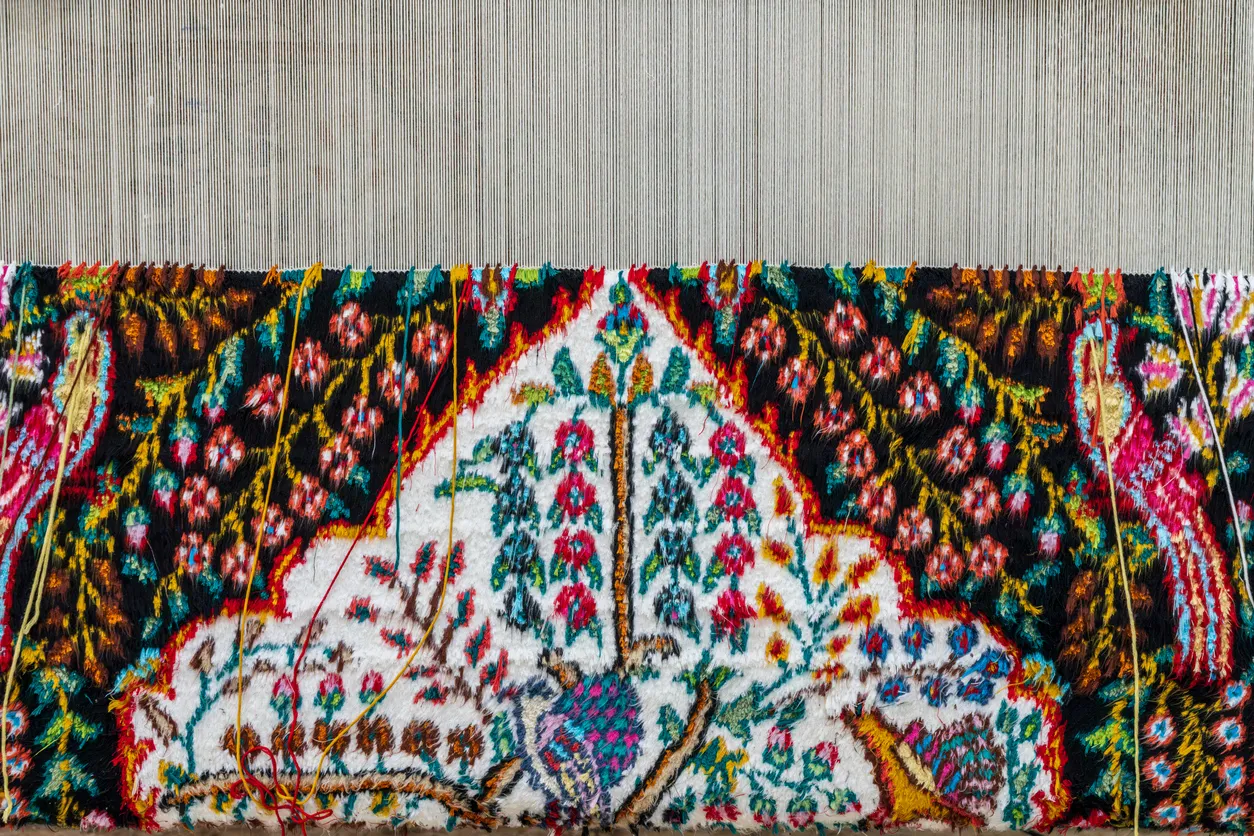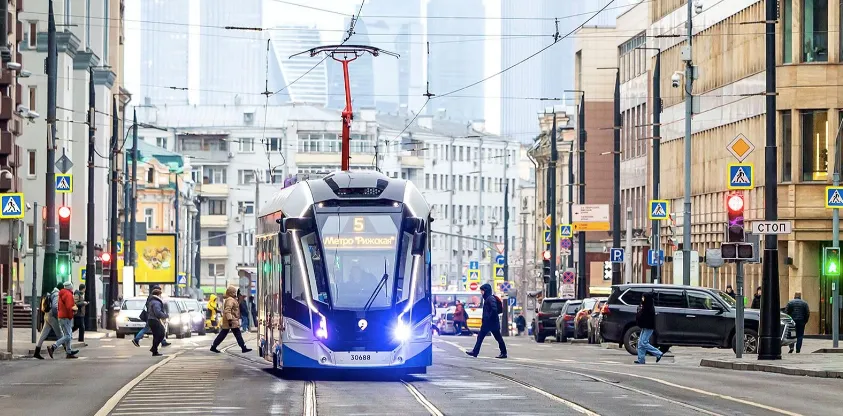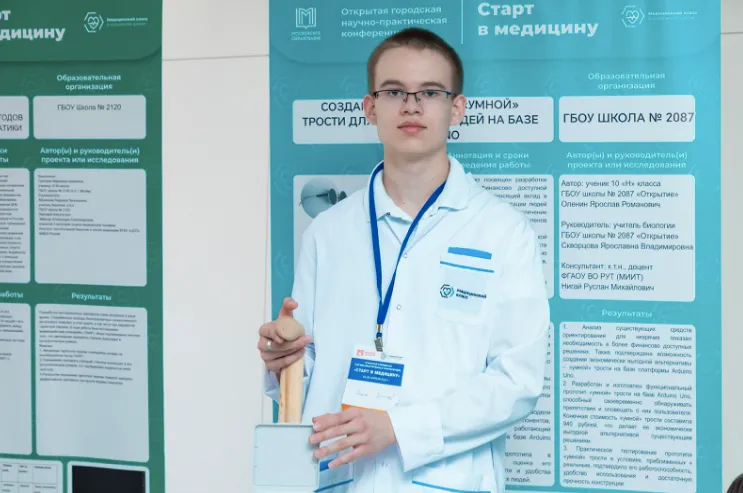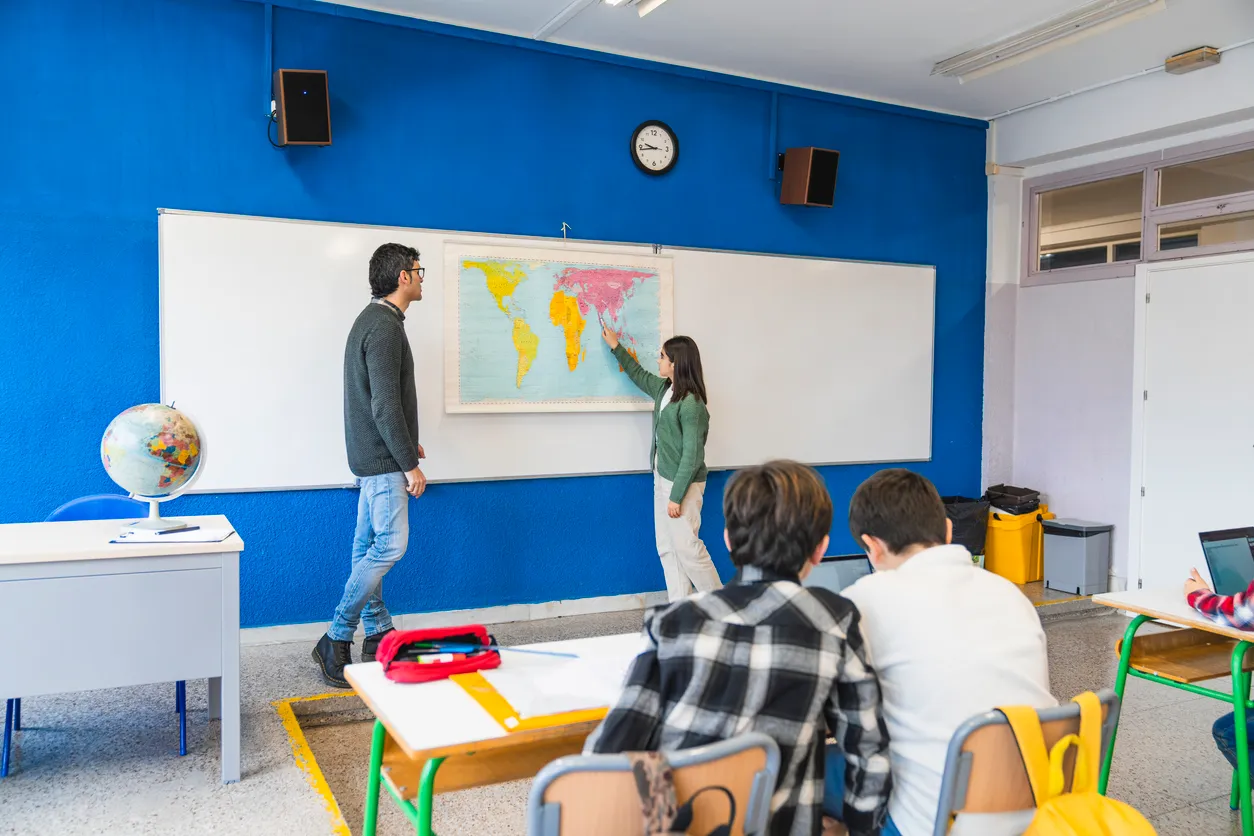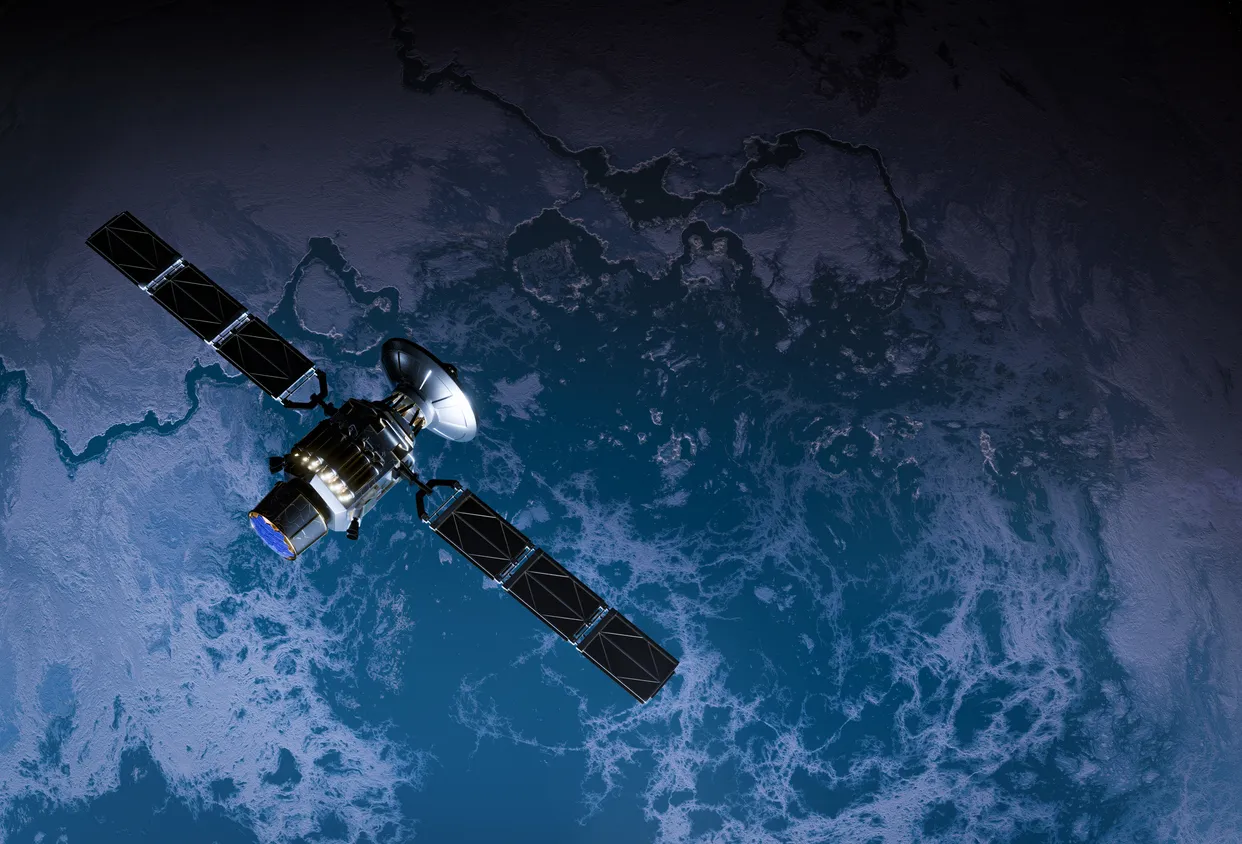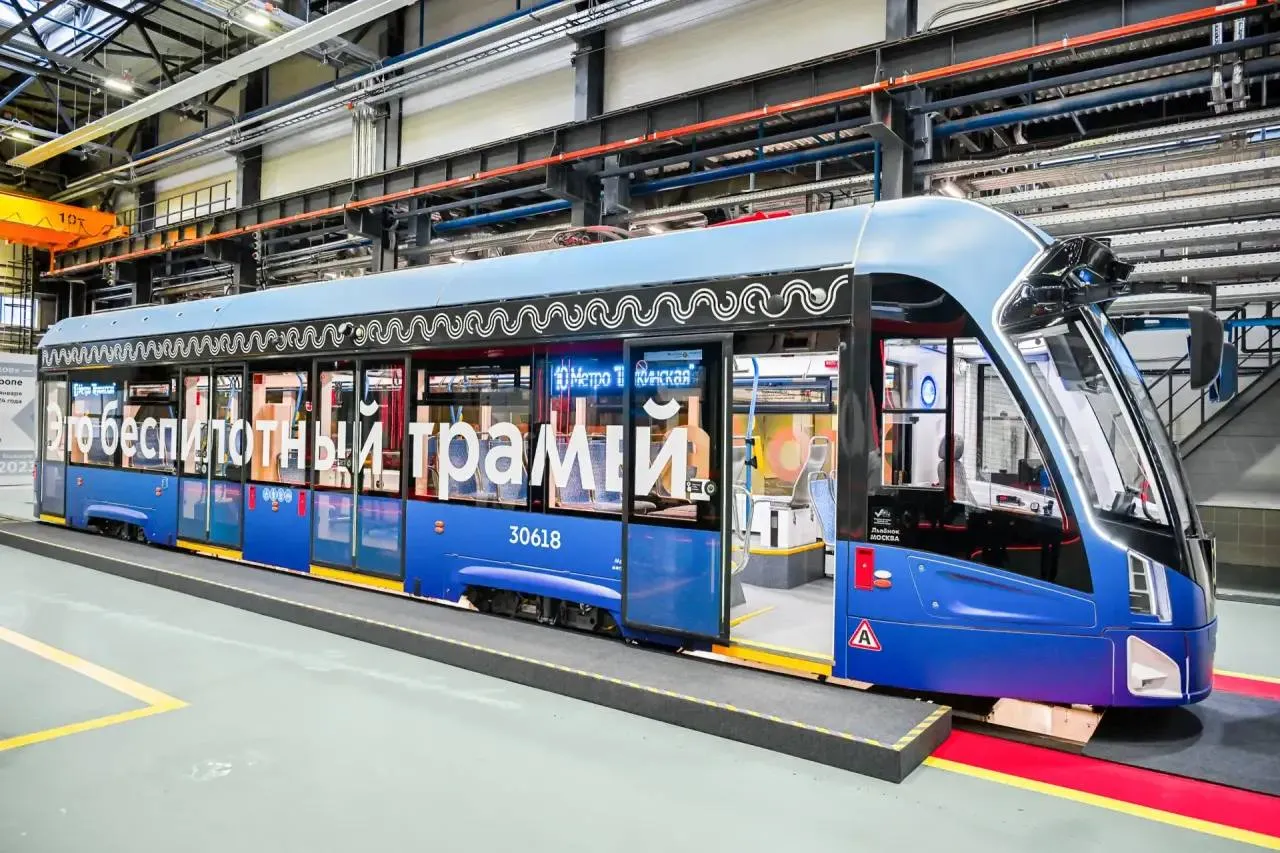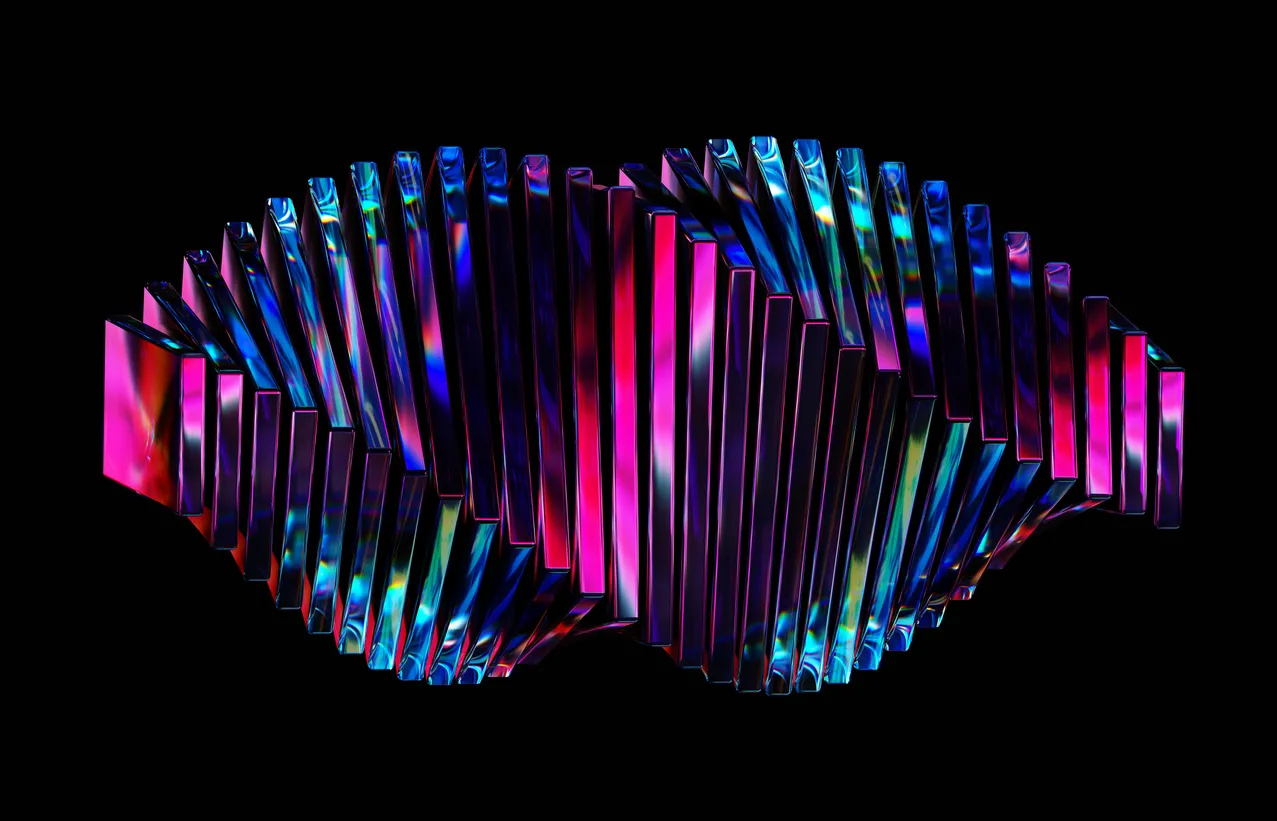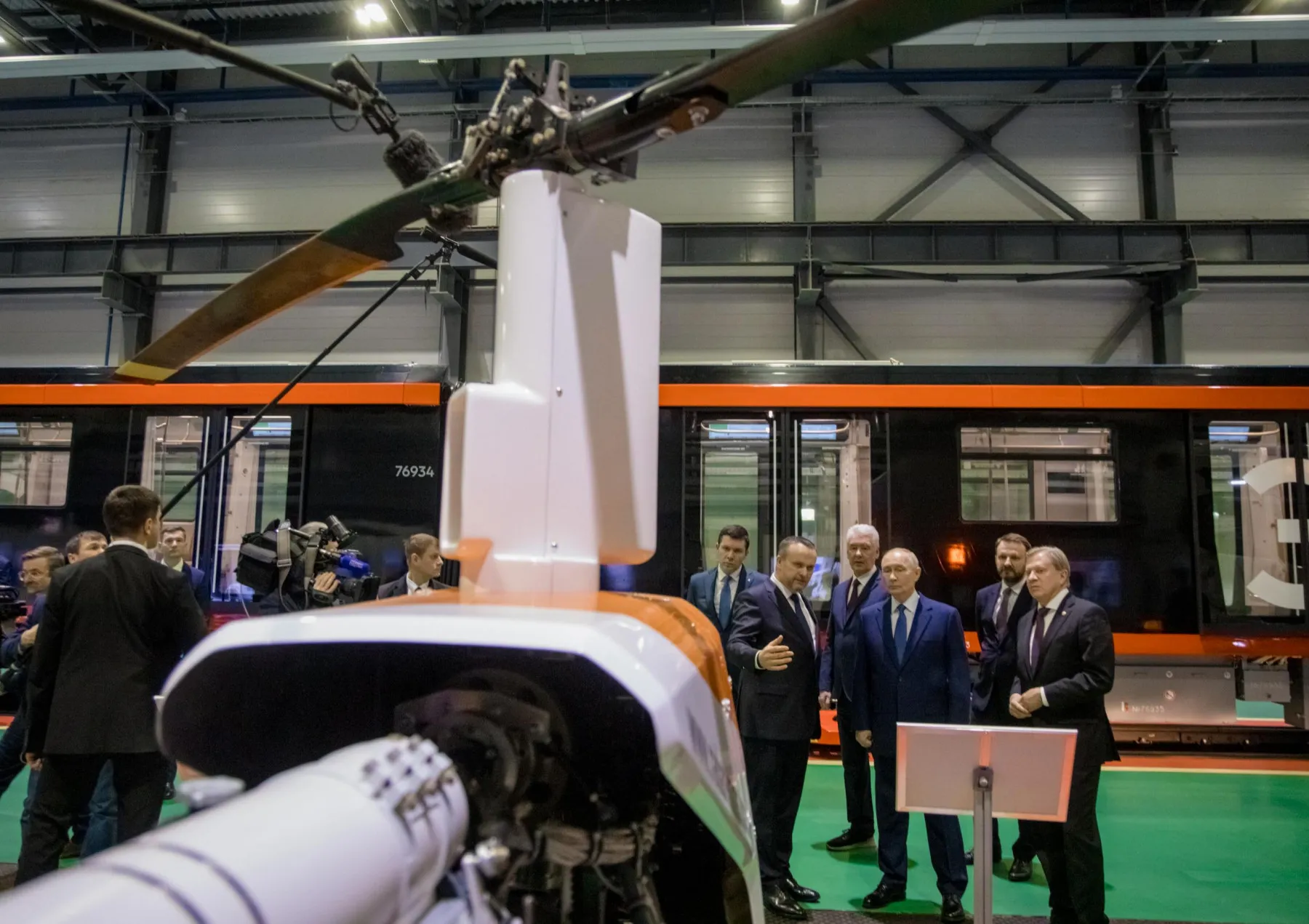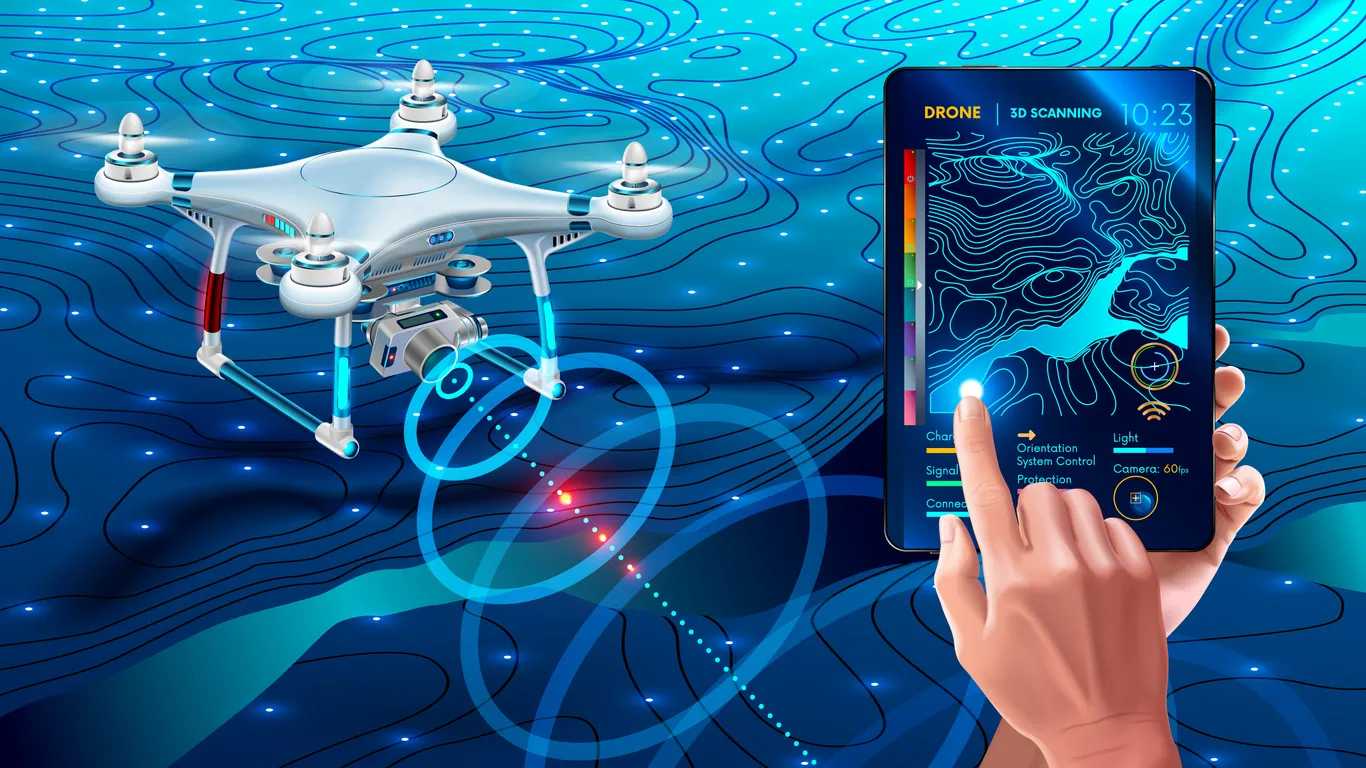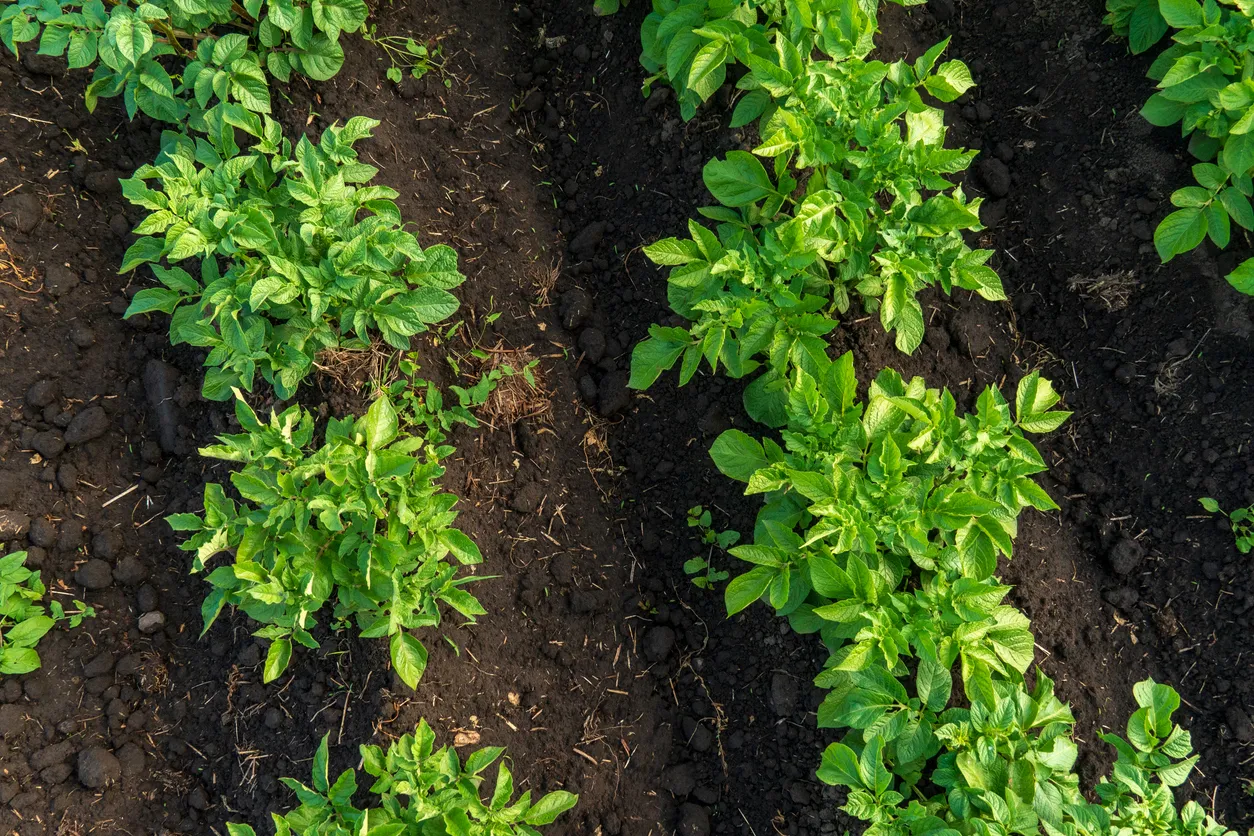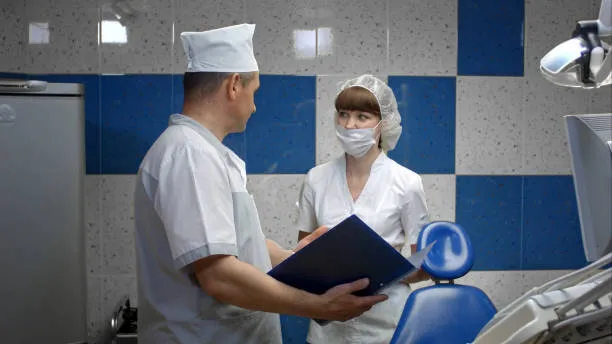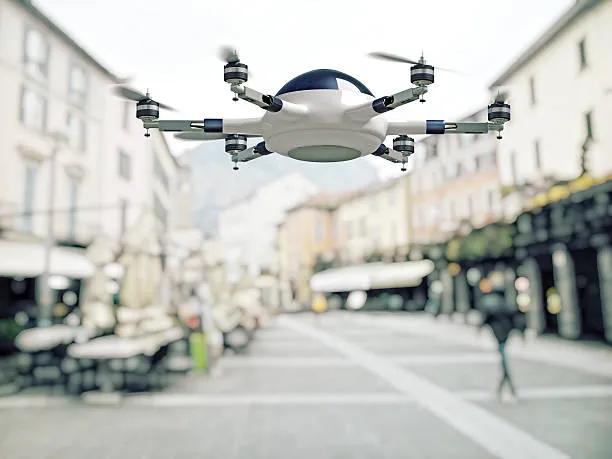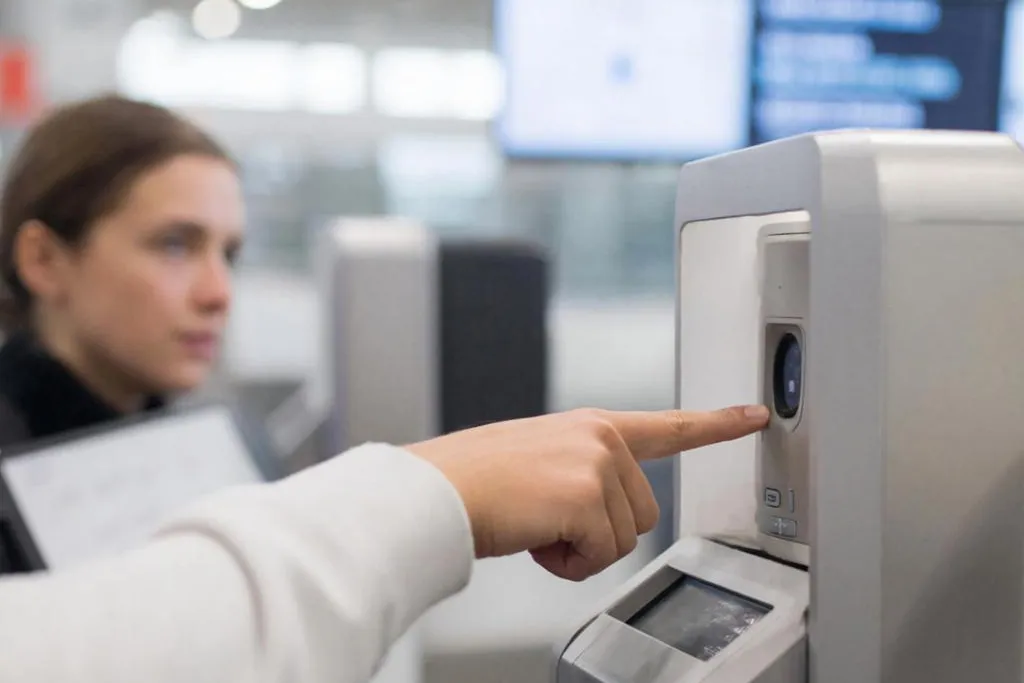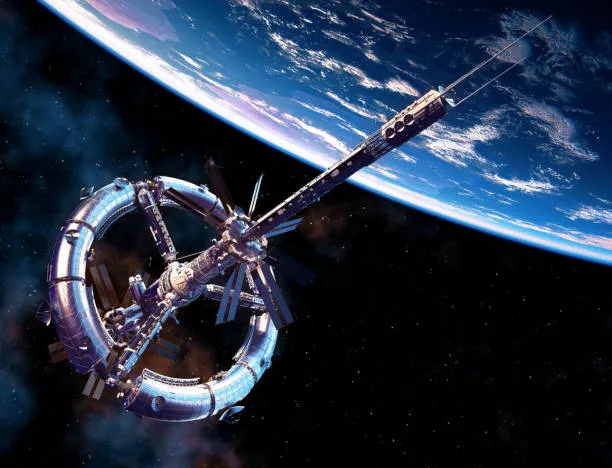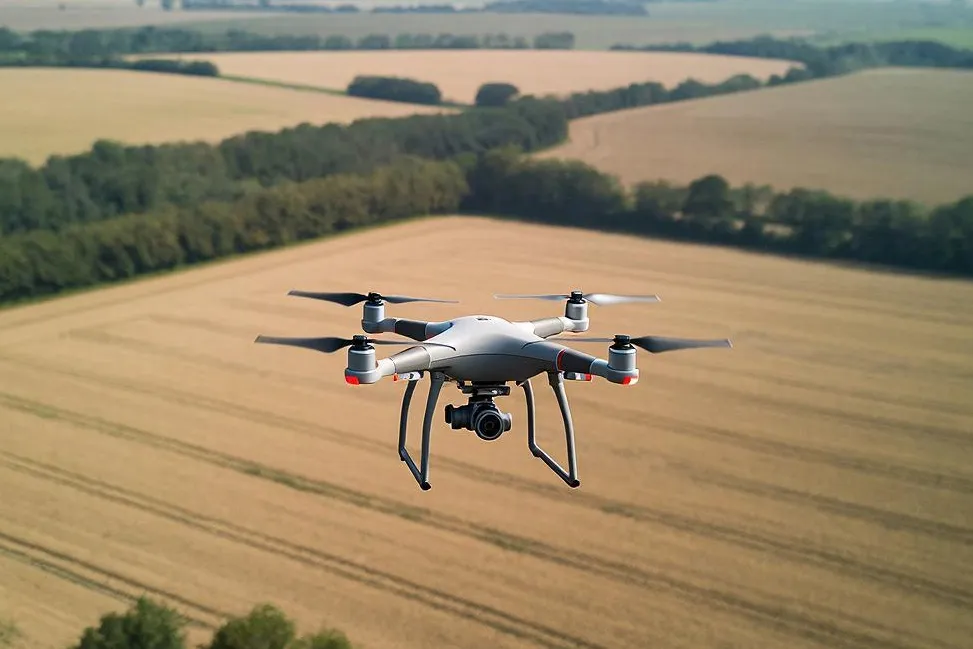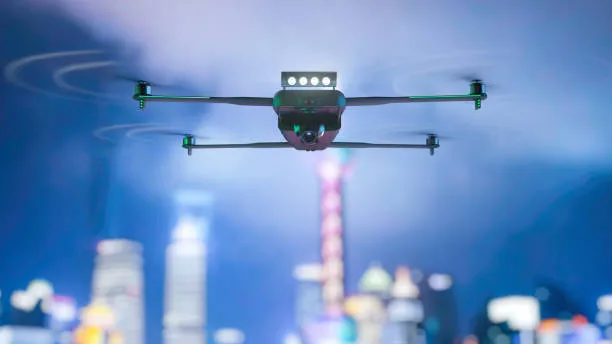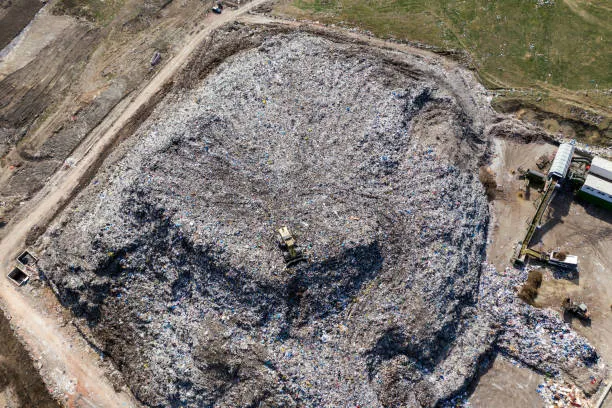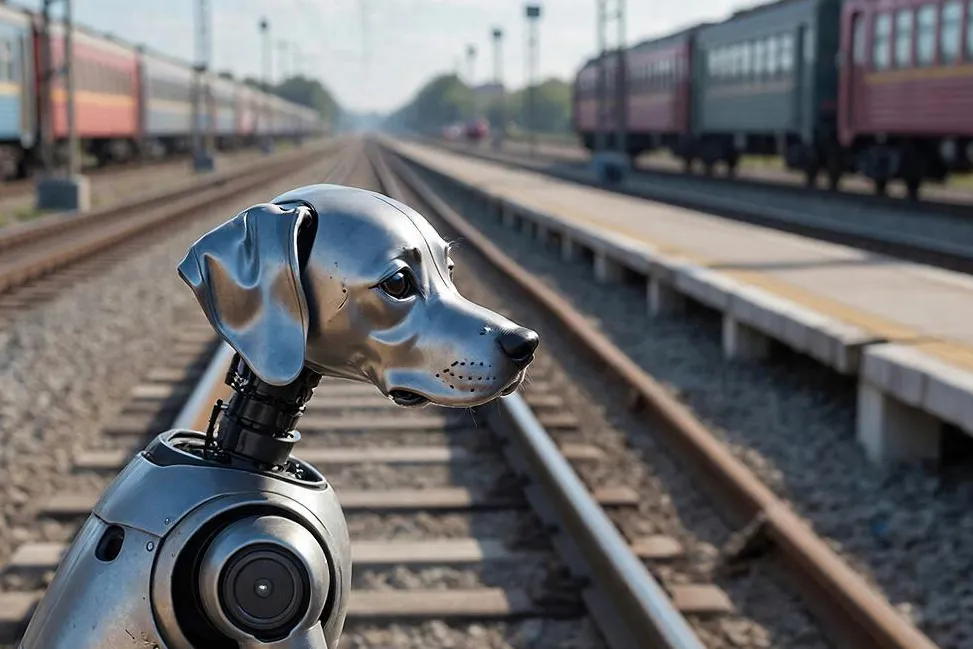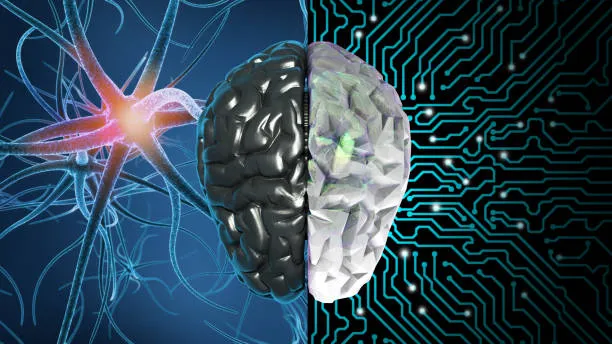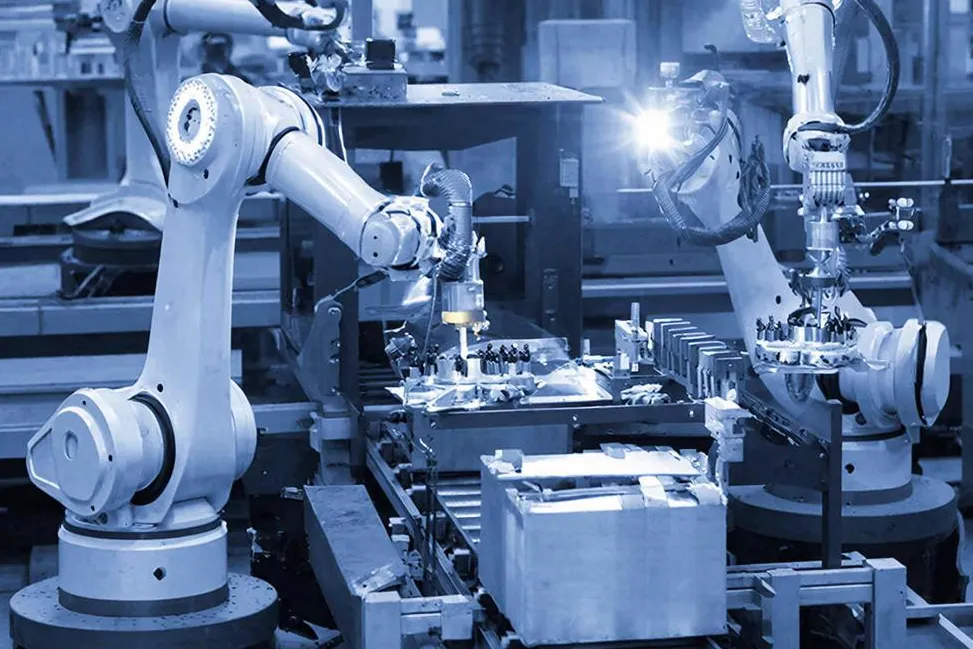AI Is Boosting Trout Farming in Russia’s Karelia
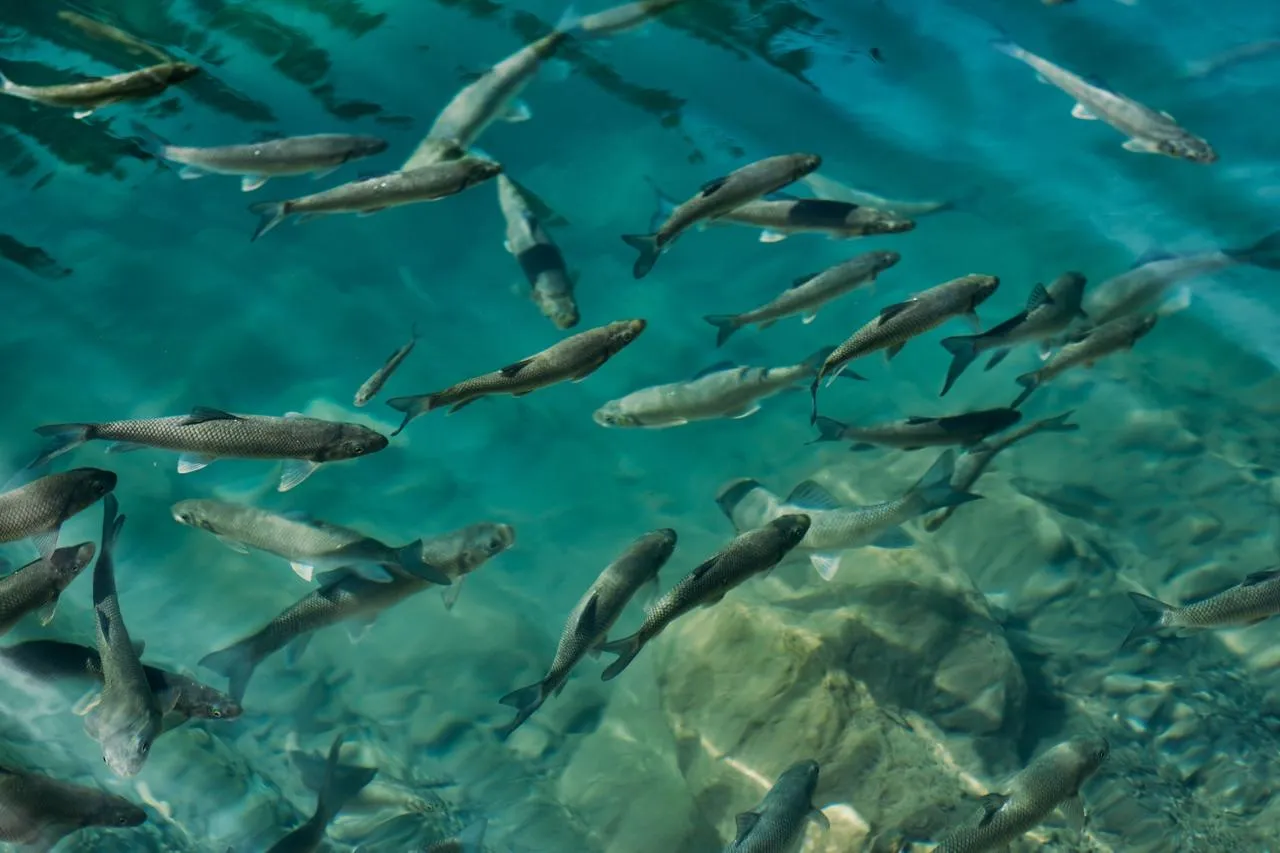
Researchers in northern Russia are turning to artificial intelligence and insect-based feed to supercharge trout production, signaling a high-tech shift in aquaculture.
In Karelia, a region of northwestern Russia known for its lakes and forests, scientists at Petrozavodsk State University are experimenting with ways to raise more Kamloops trout using artificial intelligence and genetic analysis. At the core of the project is FishGrow Platform, an AI-powered system that tracks dozens of variables — from water quality to feeding schedules — to automate fish farming and improve efficiency.
The team is also testing a novel feed made from the larvae of the black soldier fly, an insect already gaining traction in sustainable agriculture. Early results suggest it could increase trout muscle mass by 11 percent, giving farmers a measurable boost in yield.
But the research doesn’t stop at fish. Karelia’s scientists are simultaneously tackling invasive hogweed that threatens local ecosystems, monitoring populations of disease-carrying ixodid ticks, and even planning experiments in cloning birch trees to restore forests and shield them from pests.
The message is clear: Russia’s northern labs are betting that AI, biotechnology, and unconventional food sources can redefine how the region feeds itself — and protects its environment.


